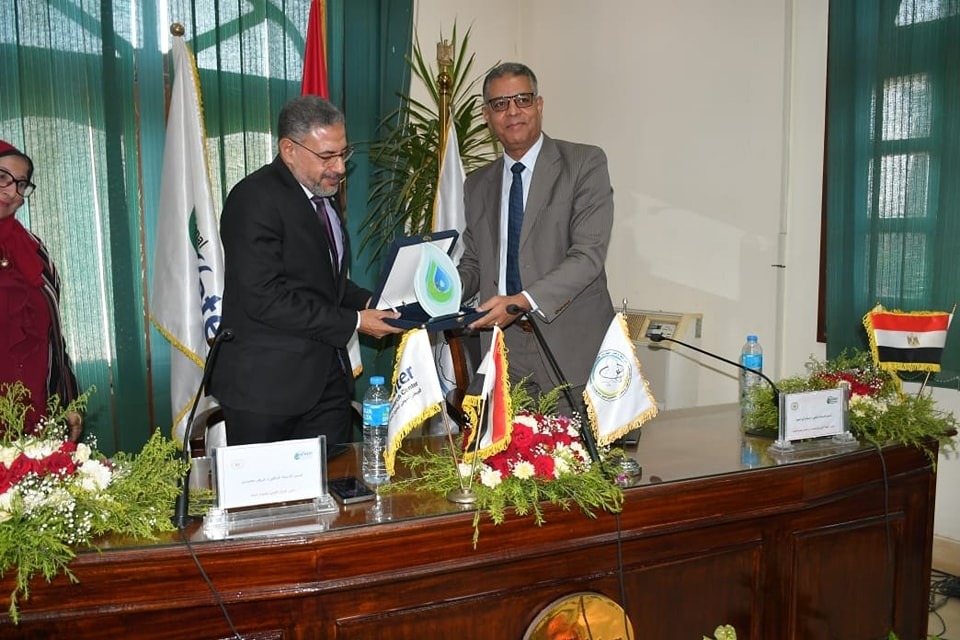Scientific cooperation is an essential building block for a better water future in Egypt.
Under the auspices of Dr. Ayman Ashour, Minister of Higher Education and Scientific Research, the National Authority for Remote Sensing and Space Science signed a protocol of cooperation with the National Centre for Water Research, to cooperate in finding solutions to the country’s increasing water challenges.
The signing of a protocol on the margins of the workshop between the two sides aimed at achieving scientific and technical cooperation in several areas, including the study and assessment of surface and groundwater resources, the study of natural resources and earth sciences for the management of water resources, the assessment of water resources with studies on the mutual impact of water and society, the study of natural and environmental hazards affecting water resources, the development of intelligent systems for the efficient management and distribution of water, research on new and renewable energy that would contribute to the rationalization of the consumption of water used for energy generation, the use of remote sensing and geographic information systems techniques in the study, analysis and management of water resources, and the use of advanced technology such as lasers, radars and heat sensors for water-related research and studies.
During the workshop, Dr. Sharif Mohammadi, President of the National Centre for Water Research, stressed the importance of strengthening cooperation and integration between Egyptian research institutions in order to address the challenges and problems facing the country, particularly with regard to natural resources, noting the Centre ‘ s active role in various water-related research areas, and expressing his expectation that the expertise of the National Remote Sensing and Space Science Authority would be invested in joint projects and the building of integrated task forces to find innovative solutions to current water challenges.
For its part, Dr. Islam Abu Al-Magd, Chairman of the National Authority for Remote Sensing and Space Science, stressed the Egyptian State’s reliance on scientific research as a major engine for sustainable development and its essential role in the realization of Egypt’s Vision 2030, noting the contribution of the Authority to several presidential initiatives and national projects, and stressed the importance of cooperating with the National Centre for Water Research to carry out integrated projects that would meet the State’s water needs, particularly considering water as one of the most important strategic sectors in Egypt.
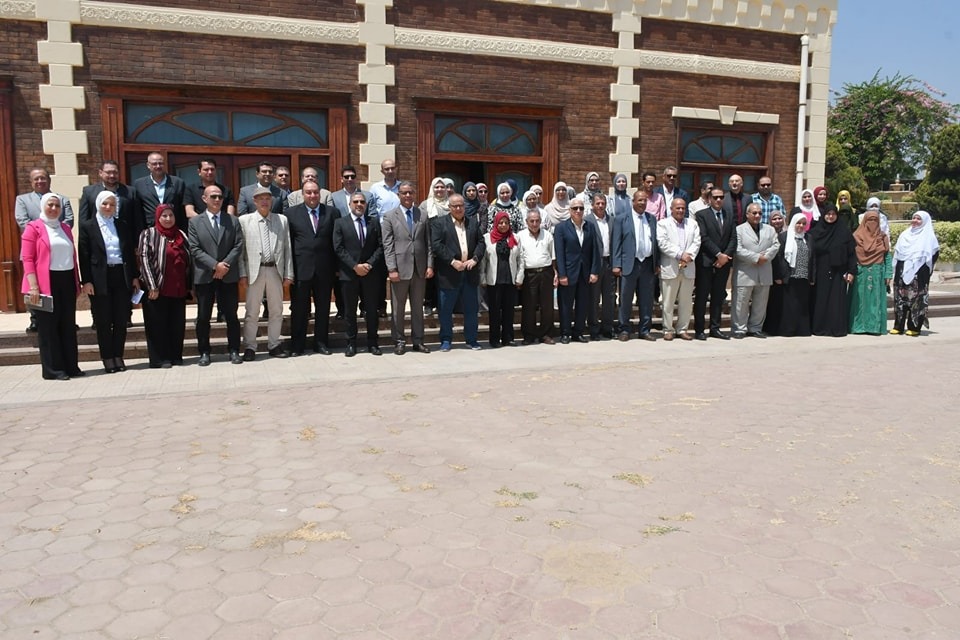
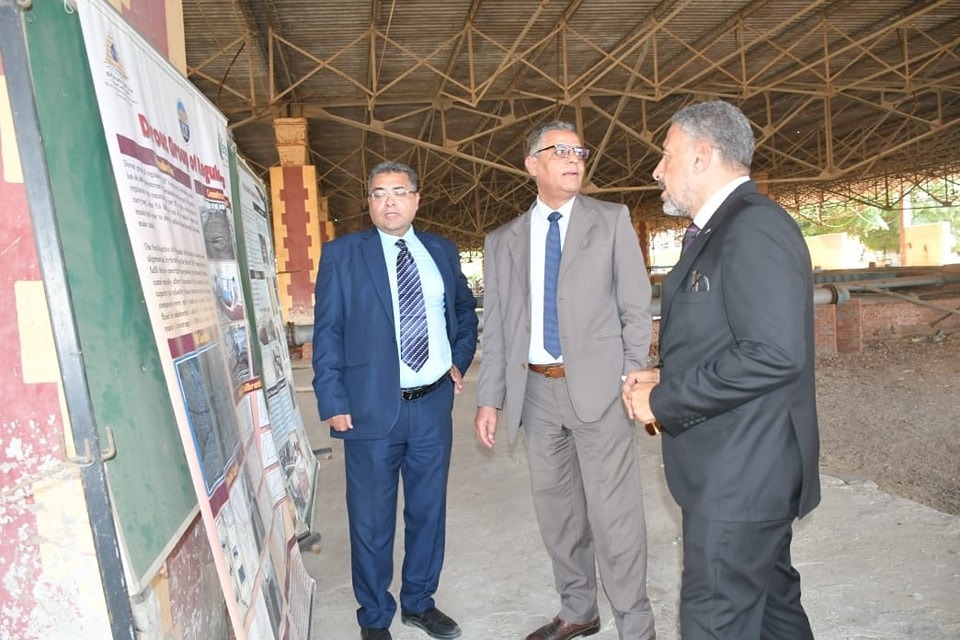
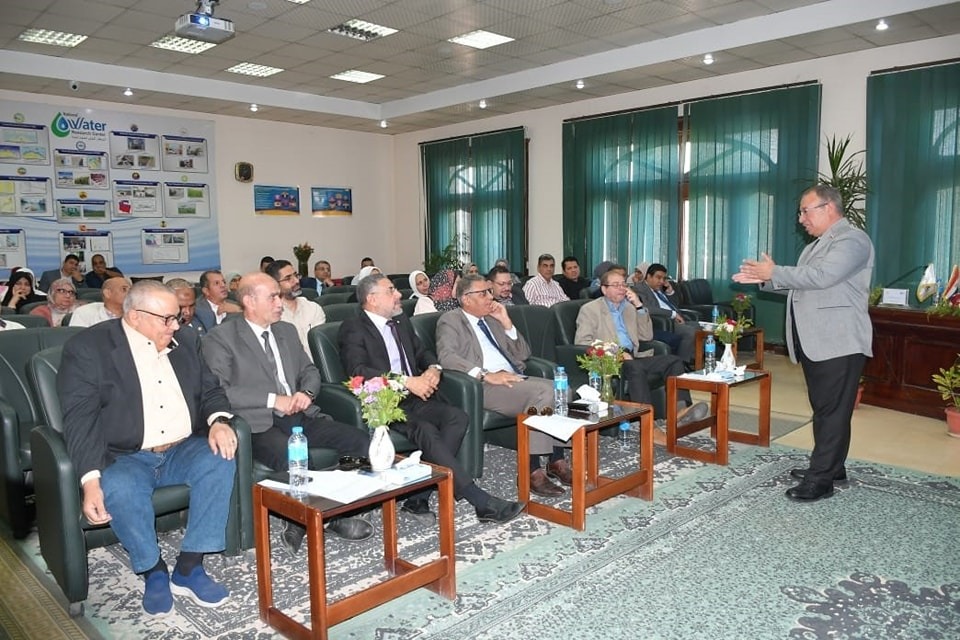
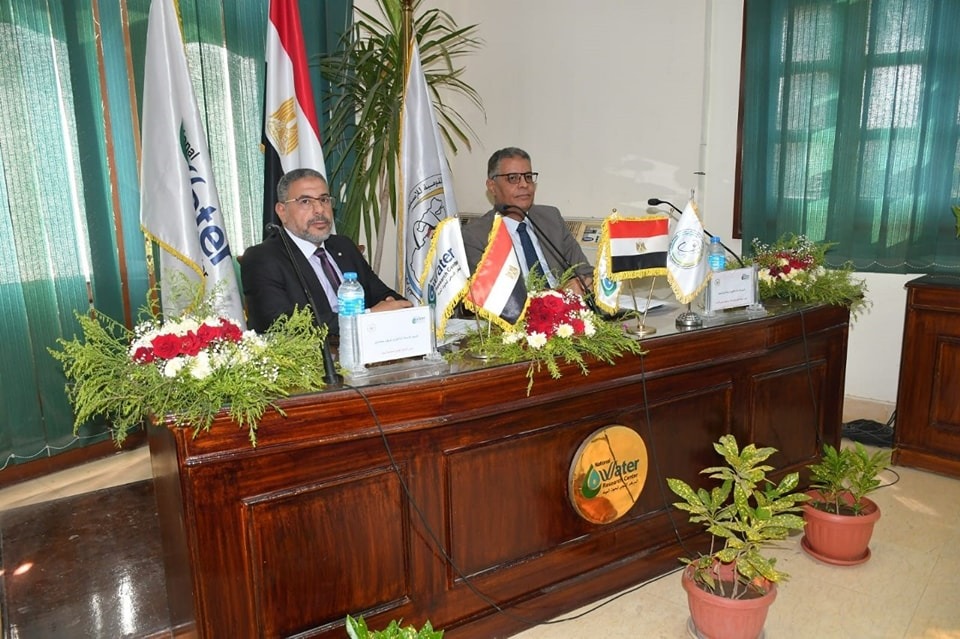
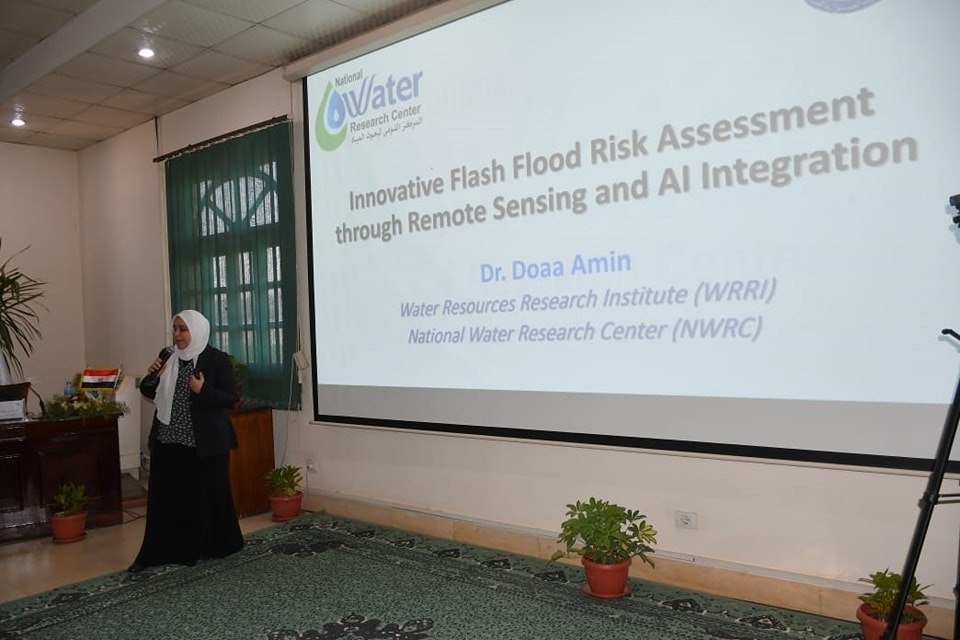
Dr. Islam Abu Al-Magd referred to the ownership by the Authority of modern and advanced technologies that could bring about a qualitative shift in the study and sustainability of water resources, such as atmospheric and ground laser and advanced images as well as Internet technology, emphasizing the importance of transforming these possibilities into concrete projects on the ground that contribute to the vital agricultural sector, which consumes most of Egypt’s water.
And Dr. Noha kamal, The Chief of the Systems and Information Unit and the Secretary-General of the Nile Research Institute of the National Centre for Water Research explained the general framework of the Protocol and the workshop. Dr. Ali Hermas, Coordinator of the Protocol of the National Authority for Remote Sensing and Space Science, made a presentation on the Authority. Dr. Ayman Saadi, Director of the Nile Research Institute, reviewed a presentation on the National Centre for Water Research.
Following the signing of the Protocol, participants in the workshop witnessed specialized scientific sessions on various topics related to remote sensing applications in water resources management. The first session was the National Remote Sensing and Space Science Authority, which included the use of remote sensing data to determine consumption, water loss, large data applications, artificial intelligence and smart systems of Dr. Bassam Abdellatif, while Dr. Adel Shelby explained land assessment with rehabilitation projects to determine optimal crop structure using remote sensing, and a lecture by Dr. Abdel Aziz Bilal on the development of modern agricultural systems using the Internet of objects and artificial intelligence under Egyptian circumstances.
The second session was presented by the National Centre for Water Research, which included remote sensing applications at the service of the research system of the Space Research Institute of Dr. Ahmed Mostafa, Director of the Space Research and sudden flood risk assessment Institute, through the integration of remote sensing and artificial intelligence of Dr. D. Gamal Al-Kassar, Deputy Director of the Research Institute for Water Resources, while Dr. Gamal Al-Kassar, Director of the Research Institute for Water Management and Irrigation, introduced the use of remote sensing applications to determine water consumption of various crops and concluded with a lecture by Dr. Mustafa Abu Zayd, Director of the Research Institute for Mechanics and Electricity on remote sensing applications in the fields of mechanics, electricity and solar energy.
At the end of the workshop, a visit was made to the experimental lounges, the training centre and the central laboratories of the National Centre for Water Research.
